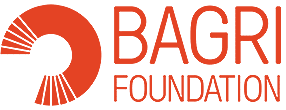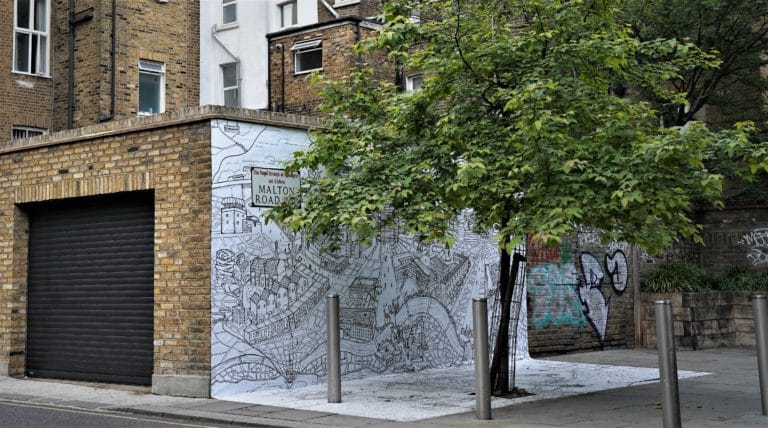Mary George, our Senior Project Manager, spoke to Casablanca based illustrator, graphic designer and artistic director Aïcha El Beloui about her new commission MO(VE)MENTS which was part of the recent Shubbak Festival 2019. Bagri Foundation supported El Beloui’s commission and artist residency in London running up to the festival. MO(VE)MENTS travelled to British Museum, British Library, Museum of London, National Theatre River Stage and an open public space in West Kensington. More information about the project can be found here.
MG: Your work often involves talking to people and collecting stories which translates into an illustrated map. For your travelling installation MO(VE)MENTS, you spoke to the Moroccan community in London and used the British Library sound archives. Could you explain a bit more about the process of research for this project?
AB: I usually start my mapping projects from an idea in the collective imagination. It can be a prejudgement, a fantasy, or a myth. When I was invited for the research week residency, I knew that there was a big Moroccan community in England and I wanted to know how, why, and since when. That is how I knew about the fact that it started since the early sixties through Spain. And then there was another wave in the nineties through France. All of these elements helped shape the global idea of the map and the interviews with the people from the community allowed me to add more details to the whole picture.
MG: Could you share a story that struck you the most?
AB: It was a recurring story. That of the impossible return for the retired workers from the first generation. They mainly came to London as service workers. It had effects on their health (especially bodies) and the return they always dreamed about is now not possible because of health care issues back home. It is something I am very aware of as a Moroccan citizen but I didn’t know it was also affecting Moroccans living abroad in an indirect way. Saddening, really.
MG: Immigration is a loaded word, layered with history, memory and often misunderstood. Speaking to the Moroccan community in London, how did you approach this word?
AB: London made it easier. Because nearly everyone I talked to stressed the fact that they felt like Londoners. The only thing they had to figure out was how, and what, is ‘being a Moroccan’ to them. I find it less complicated than in other cities where the question is sensitive, like in Marseille where I did my previous project.
MG: What’s your favourite part of your process? Finding the stories, making of the work or sharing the stories?
AB: The favourite part is from when I get the idea until I finish the map. I like to see how it evolves and I am as curious about the output as anyone that has nothing to do with the project is, because I rely on what I get from the people and the research. It is very stimulating for me as well.
MG: What do you think a festival like Shubbak does for the Arab community in London? What was a memorable experience during the festival?
AB: I was super positively surprised by the artwork and the artists I discovered. I loved the fact that it is multidisciplinary and that it does not only focus on super well known artists but that it offers discovering hidden gems. I’ll definitely go back for it either as a participating artist or happily as public. I enjoyed the dance spectacle The Upside Down Man from the Tunisian artist Mohamed Tukabri.
MG: What’s next? Whose stories are finding you?
AB: The next map project will be in Peterborough. It was recently rated as the worst place to live in the UK. I am very interested in knowing how the people who are living and practising in the city on a daily basis perceive it. I don’t know yet how those ratings are made but I want to hear from the people and illustrate and share what they think. It will be for 2020.



